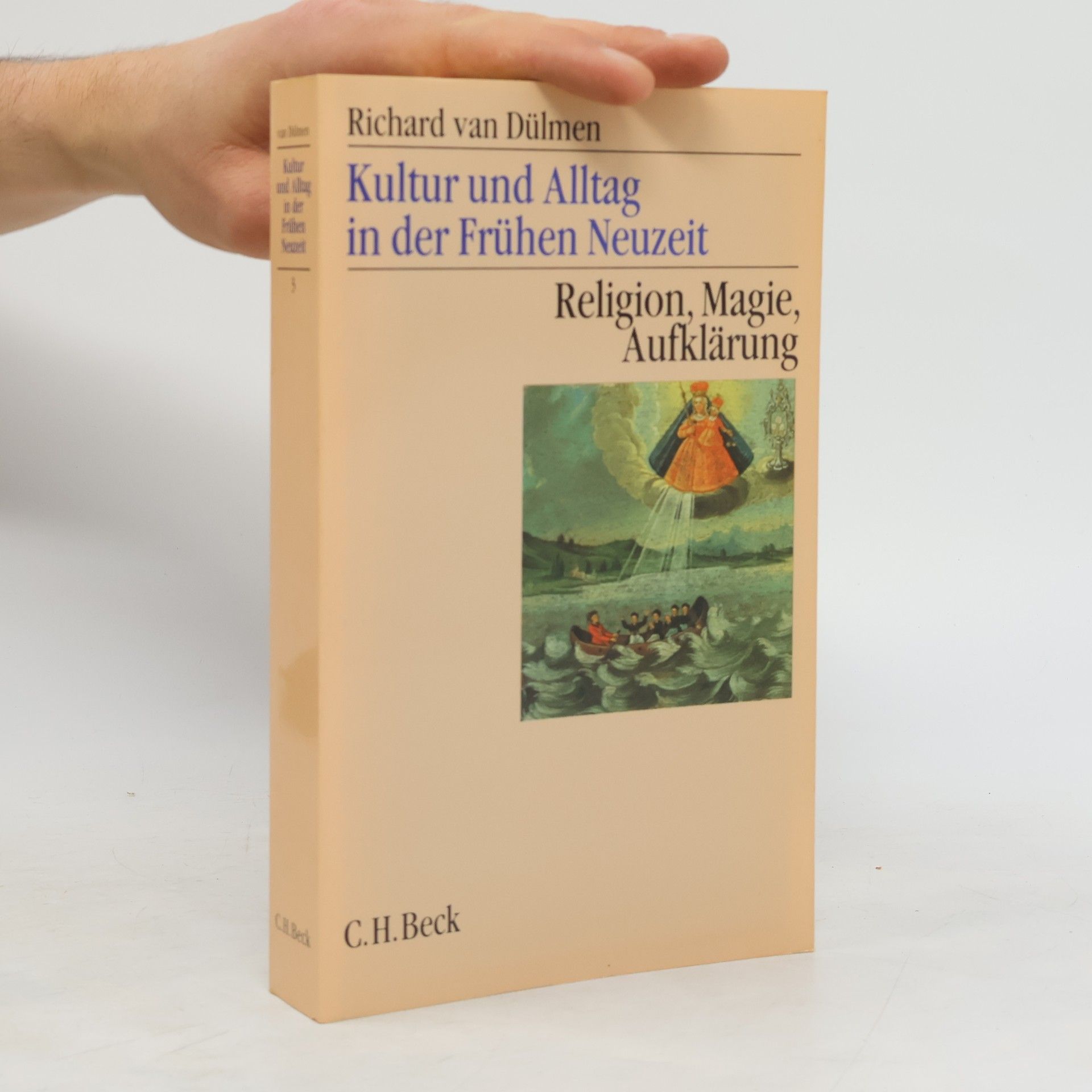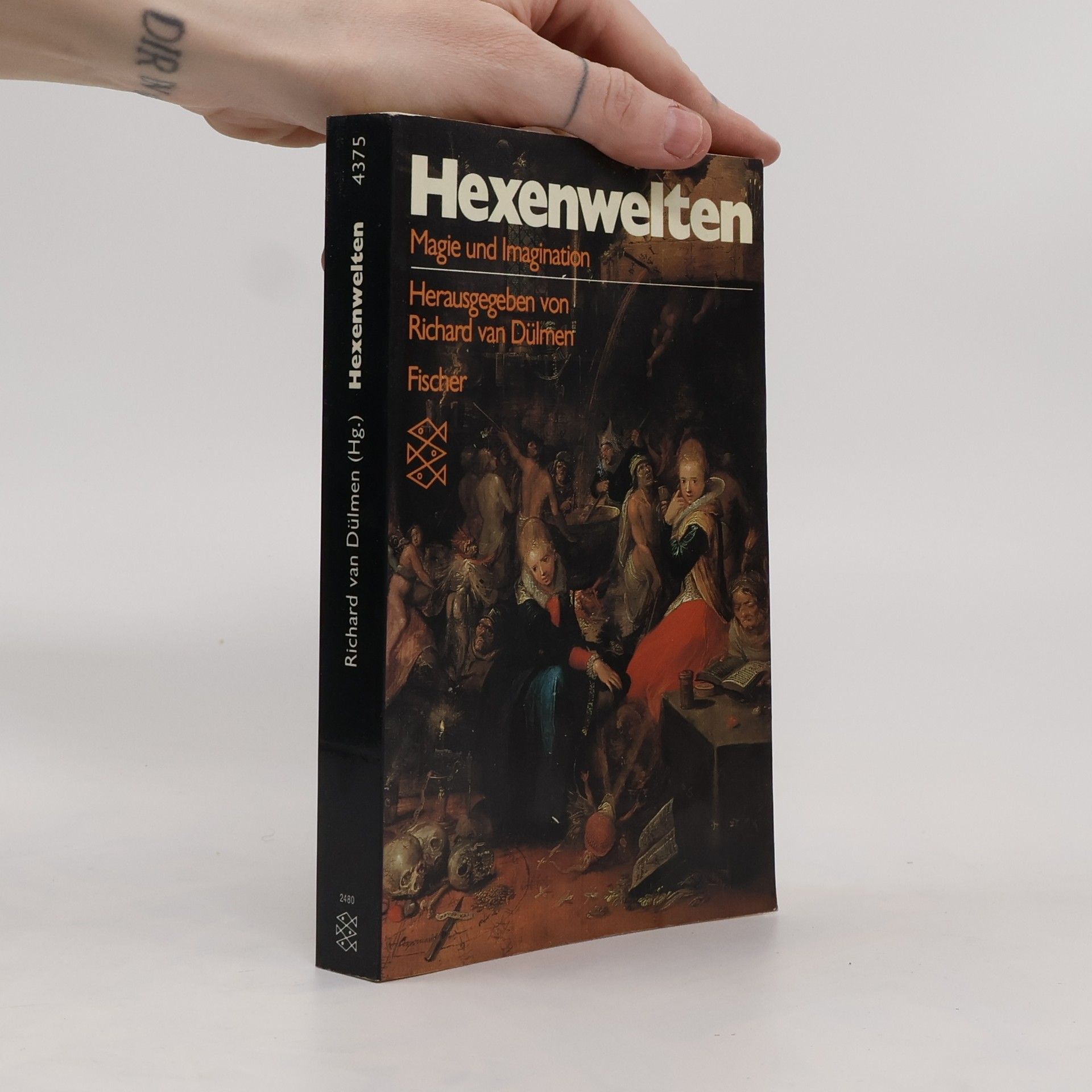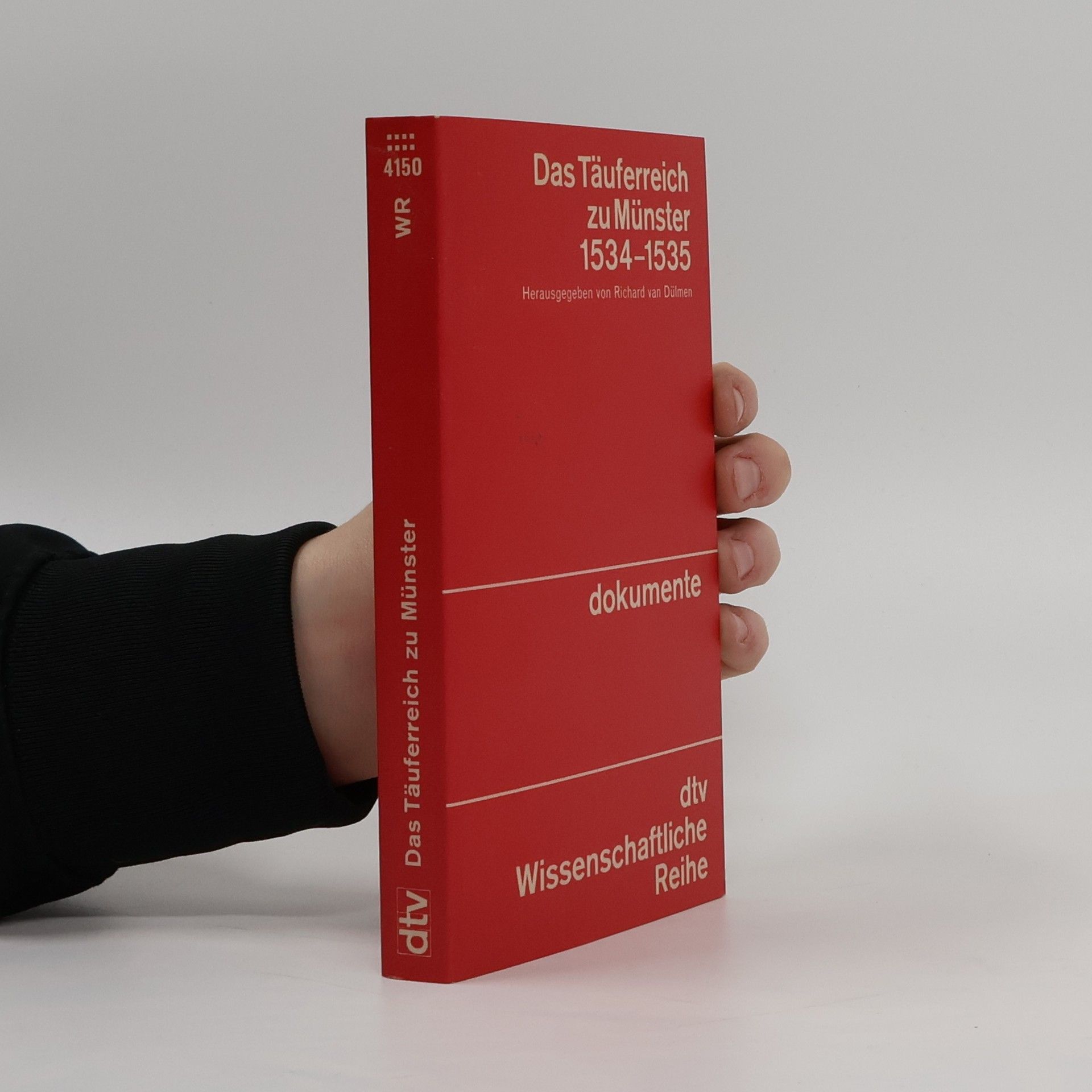Richard van Dülmen Livres


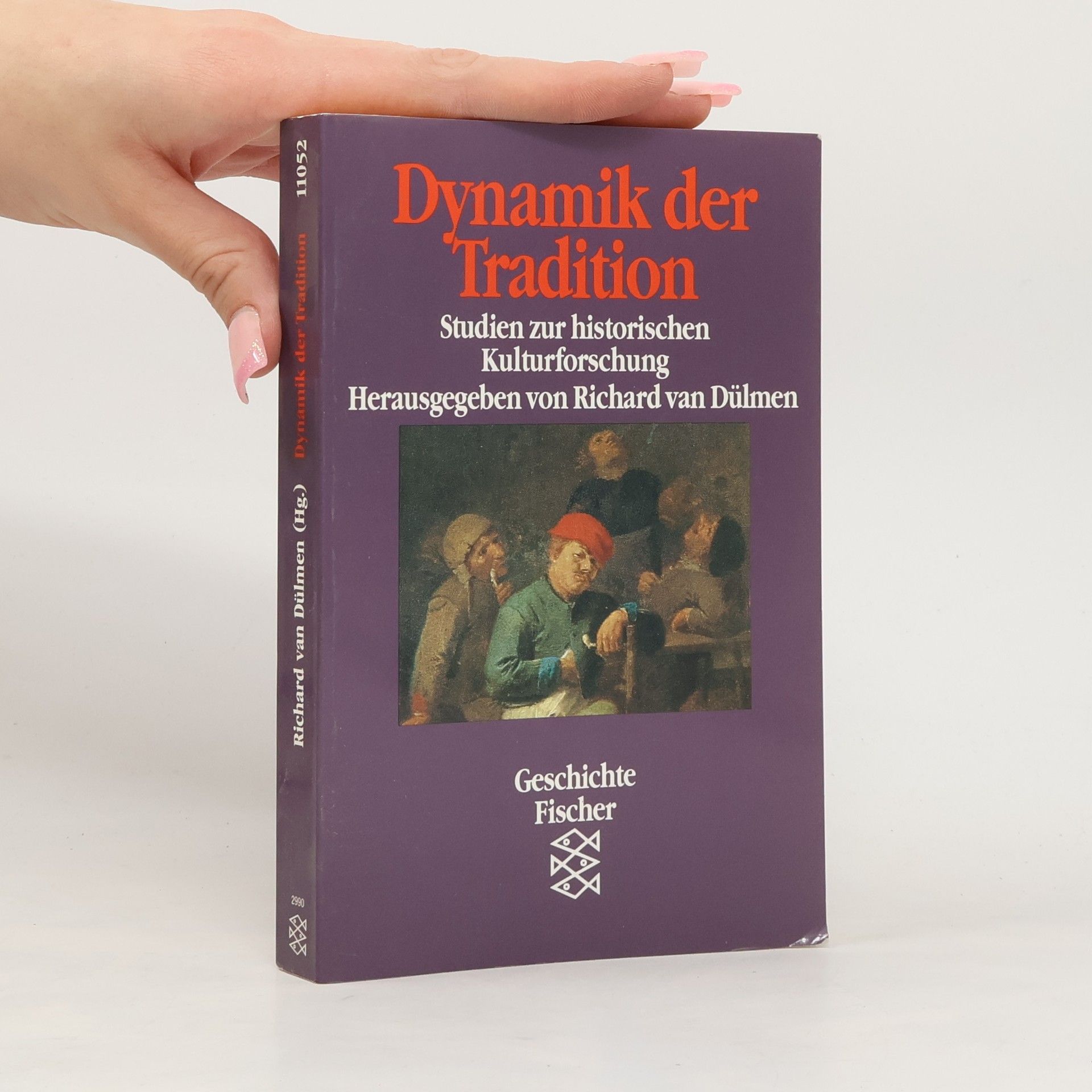
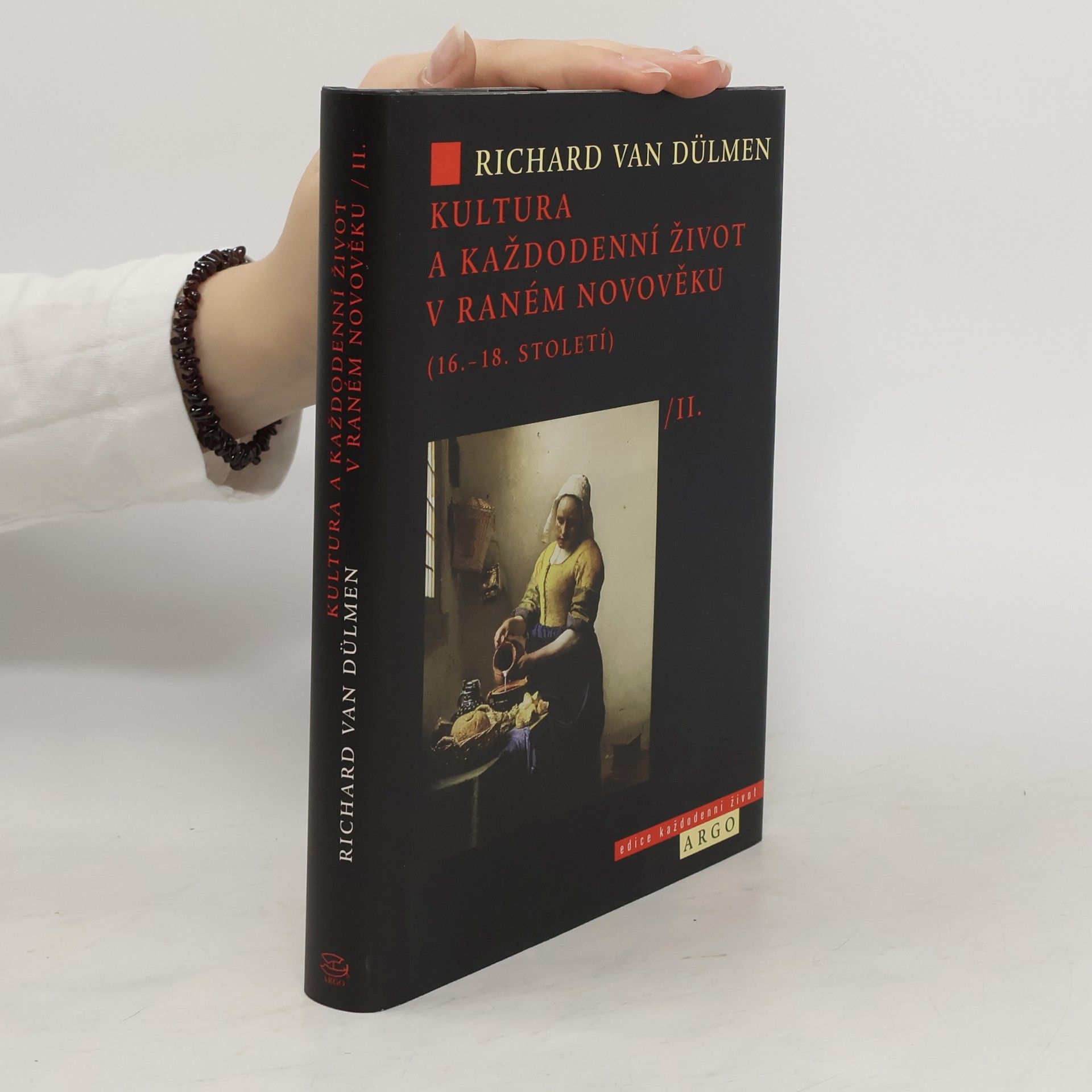



Třídílná práce saarbrükenského kulturního historika je komplexním zobrazením světa lidí katolického a protestanského novověku. Dülmen velice citlivě a srozumitelně dnešním čtenářům zpřístupňuje všechny stránky každodenního života městského i venkovského člověka, který se zrodil na prahu novověku a s moderní, racionalismem a industriální revolucí poznamenanou dobou postupně zanikal. V prvním díle podrobil na pozadí obdivuhodného množství středoevropských pramenů analýze raněnovověkou problematiku života v dětství a stáří, kulturu bydlení, oblékání, stravu, cestování, přístup ke vzdělání a jeho formy, způsob rodinného, sousedského a komunálního života ve všech sociálních vrstvách i neodvratitelné a všudypřítomné novověké podoby umírání a smrti.
Dieses Buch schildert Gerichtspraxis und Strafvollzug, wie sie vom Spätmittelalter bis zur Durchsetzung des bürgerlichen Rechtsstaates ausgeübt wurden. Es wird der Weg des Armen Sünders von der Gefangennahme über die Ermittlungen und das peinliche Verhör bis hin zur öffentlichen Bestrafung und Hinrichtung gezeigt. Unter dem obrigkeitlichen Anspruch der Abschreckung entwickelte sich diese letzte Station zu einem pompösen Schauspiel und willkommenen Volksfest.
Druhý díl trilogie saarbrückenského profesora Richarda van Dülmena je věnován problematice každodenního života v městském a venkovském prostředí v průběhu 16.–18. století. Autor na základě velice rozsáhlého pramenného materiálu z prostředí střední Evropy studuje rozdílné projevy každodennosti ve dvou rozdílných sociálních prostředích, jimiž v tomto období město a vesnice bezpochyby byly. Jeho velice poutavě napsaná práce odhaluje zásadní rozdíly mezi těmito dvěma světy, zároveň však přináší celou řadu dokladů o ustavičném vzájemném ovlivňování obou kultur a o jejich reakcích na vývoj kultury aristokratické.
Richard van Dülmen untersucht die gesamte Spannbreite der sozialen, politischen und kulturellen Dimension von Religiosität. Sein Interesse gilt der Volksreligion, die jenseits kirchlicher Institutionen und religiöser Dogmen und Lehren die gesellschaftliche Wirklichkeit der Menschen prägte, der reichen religiösen Kultur, ihren Riten und Symbolen. In exemplarischen Untersuchungen, die von der sozialreligiösen Täuferbewegung über die Volksfrömmigkeit des 17. Jahrhunderts bis zum Katholizismus im ersten Weltkrieg reichen, entwirft van Dülmen ein ebenso spannendes wie lehrreiches Panorama der religiösen Lebensformen vergangener Gesellschaften. (Dieser Text bezieht sich auf eine frühere Ausgabe.)
Der Historiker Richard van Dülmen präsentiert in diesem Band der „Fischer Weltgeschichte“ eine strukturgeschichtliche Analyse der europäischen Gesellschaft zwischen 1550 und 1648. Im Fokus stehen weniger politische Ereignisse einzelner Länder, sondern übergreifende wirtschaftliche, soziale, politische und kulturelle Entwicklungen der frühen Neuzeit. Thematisiert werden u. a. der aufkommende Kapitalismus, die Ständegesellschaft, Herrschaftsstrukturen, kulturelle Institutionen und Rebellionen. Kulturellen Aspekten wird dabei besondere Bedeutung beigemessen. Der Band enthält Abbildungen, Tabellen, Karten sowie ein Literaturverzeichnis und ein Register zur besseren Orientierung.

